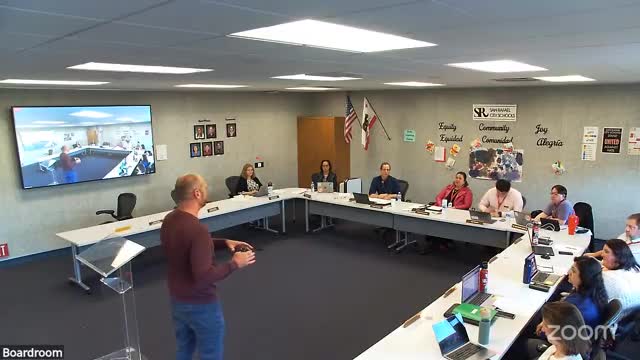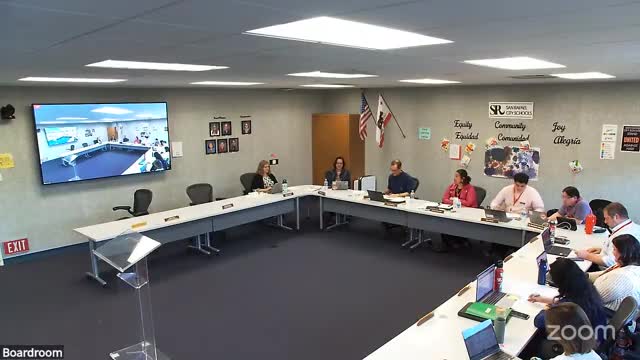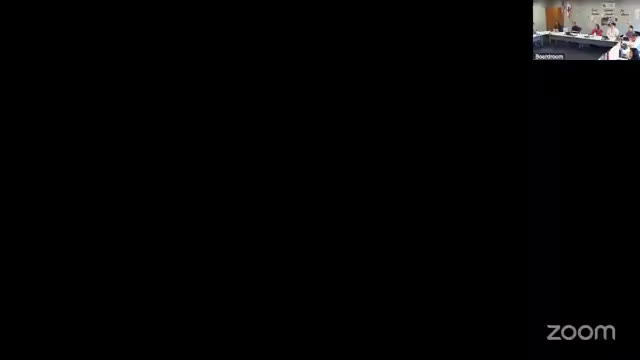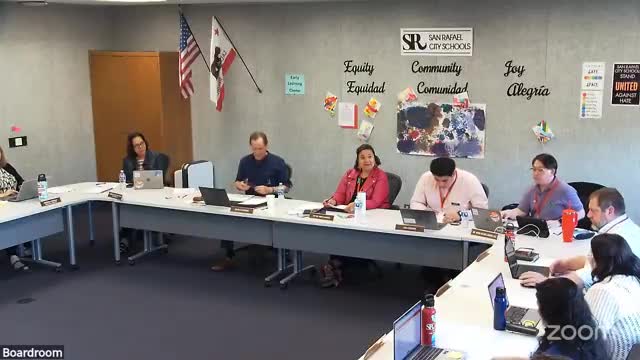Article not found
This article is no longer available. But don't worry—we've gathered other articles that discuss the same topic.

Board renews two major expanded‑learning MOUs, citing demand for after‑school and intersession programs

Board approves revised emergency‑closure policy; districts must plan instructional recovery beginning July 2025

Glenwood Elementary highlights 'equity, community and joy,' plans daily small‑group instruction to narrow achievement gaps

